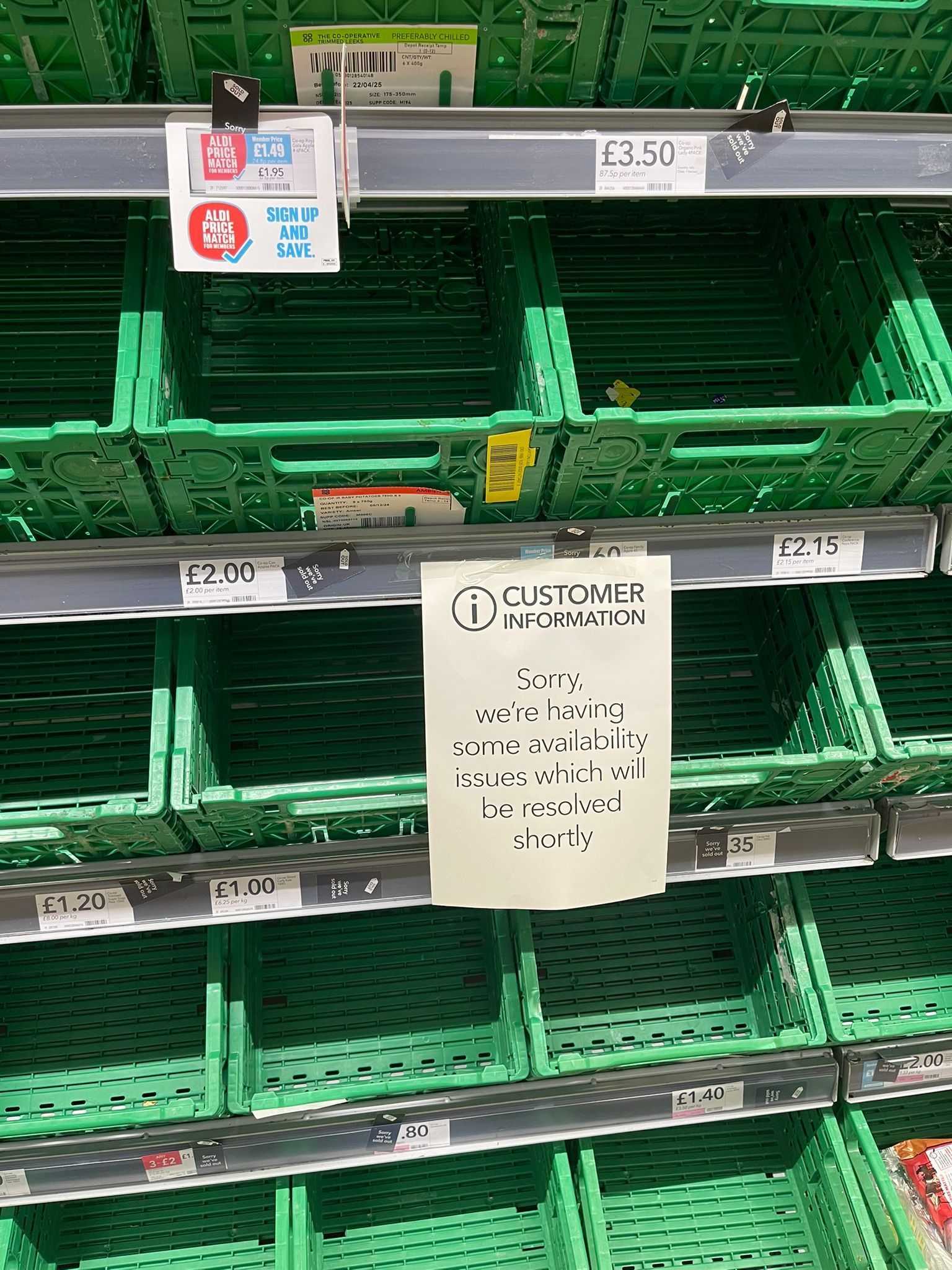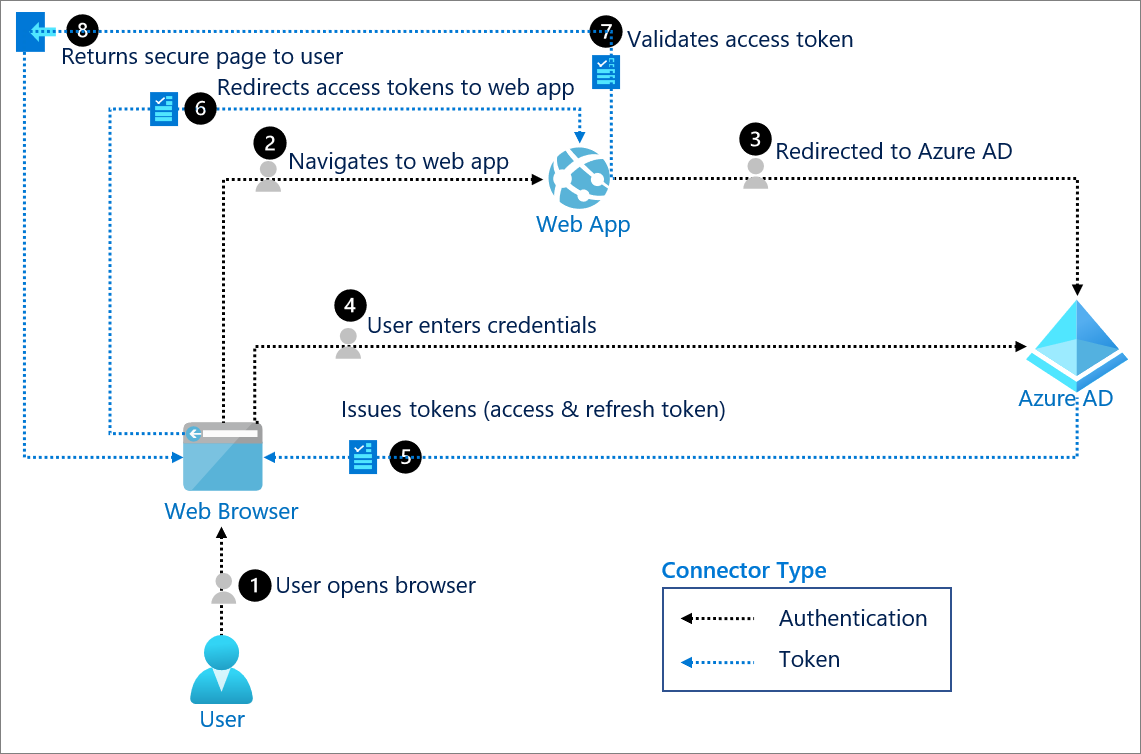Learning from Recent High-Profile Cyber Incidents
The recent cyber attack on Co-op stores serves as a stark reminder of how digital disruptions can quickly cascade into real-world consequences. With stores facing empty shelves, payment system failures, and compromised customer data, this incident highlights the critical importance of robust cybersecurity measures for all businesses, regardless of industry.

The Domino Effect of Cyber Attacks
When digital systems fail, physical operations suffer. In Co-op's case, the cyber attack didn't just compromise data—it disrupted the entire supply chain. Deliveries were delayed, inventory management systems were compromised, and payment processing capabilities were temporarily limited to cash only in some locations.
This domino effect demonstrates how modern businesses rely on interconnected digital systems for even the most basic operations. When cybercriminals successfully breach these systems, the consequences extend far beyond the digital realm.
The Growing Trend of Retail Targeting
The Co-op incident is not isolated. Several major UK retailers have recently faced similar challenges:
- Marks and Spencer suspended online orders after a ransomware attack
- Harrods reported attempted breaches from hackers
- The National Cyber Security Centre has warned about criminals impersonating IT help desks to infiltrate retail organisations
This pattern suggests that retail operations are increasingly becoming prime targets for cybercriminals, likely due to the vast amounts of customer data they hold and their critical role in daily commerce.
Key Lessons for All Businesses
1. Data Protection Is Non-Negotiable
The Co-op incident reportedly resulted in "significant" amounts of customer data being stolen. While the company stated that financial information wasn't compromised, personal details like names, contact information, and dates of birth were extracted—data that can still be valuable for identity theft or targeted phishing campaigns.
Every business, regardless of size, must prioritise data protection through:
- Regular security assessments
- Data minimisation principles (only collecting what's necessary)
- Strong encryption for sensitive information
- Clear data handling policies and procedures
2. Business Continuity Planning Is Essential
The ability to maintain operations during a cyber incident can mean the difference between a manageable disruption and a catastrophic business failure. Co-op managed to keep stores open, but with limited functionality.
Effective business continuity plans should include:
- Offline backup procedures for critical systems
- Alternative payment processing methods
- Manual procedures for key operations
- Clear communication protocols for staff and customers
3. Supply Chain Resilience Requires Digital Security
The empty shelves at Co-op stores demonstrate how quickly cyber attacks can impact physical inventory. In today's interconnected business environment, supply chain resilience depends heavily on digital security.
Strengthen your supply chain by:
- Conducting security assessments of all connected systems
- Implementing segmentation to limit the spread of breaches
- Establishing backup suppliers and logistics routes
- Creating manual override procedures for critical systems
4. Customer Communication Is Crucial
Co-op's chief executive apologised directly to customers and provided information about the breach through their website. This transparency is essential for maintaining trust during a cyber incident.
Effective crisis communication should:
- Be prompt and honest
- Provide clear information about what happened
- Explain what data may have been compromised
- Outline steps the company is taking to resolve the issue
- Offer guidance for affected customers
The Broader Implications
These recent retail attacks suggest a concerning trend. The National Cyber Security Centre's warning about criminals impersonating IT help desks indicates that social engineering remains a powerful tool for breaching even sophisticated technical defences.
All organisations should reinforce their human security elements by:
- Training staff to recognise social engineering attempts
- Implementing verification procedures for IT support requests
- Creating clear escalation paths for suspicious communications
- Regularly testing security awareness through simulated attacks
Moving Forward
As digital and physical operations become increasingly intertwined, cybersecurity can no longer be treated as just an IT concern—it's a fundamental business risk that requires board-level attention and organisation-wide implementation.
The Co-op attack demonstrates that the consequences of cyber breaches extend beyond data loss to impact core business functions like payments, inventory, and customer service. Cybersecurity is not just about protecting information—it's about ensuring business continuity and preserving customer trust.
By learning from these high-profile incidents, businesses of all sizes can better prepare for the growing cyber threats that target not just their data, but their very ability to operate.
This blog post represents general guidance based on publicly reported information. For specific cybersecurity recommendations tailored to your organisation, contact our team of security specialists.
















